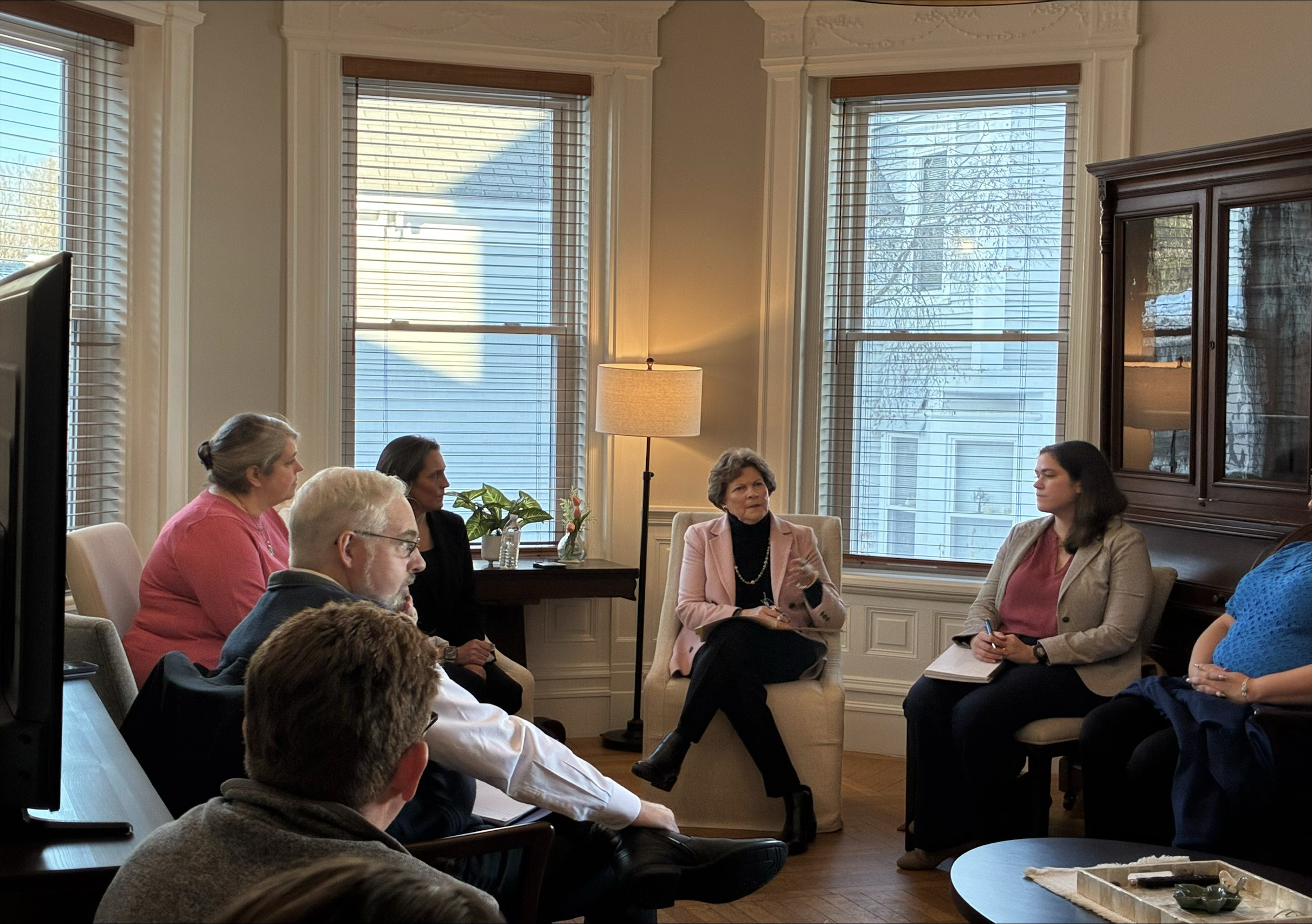The New Hampshire Departments of Corrections (NHDOC) and Health and Human Services (DHHS) have announced the launch of two new initiatives: the Community Re-Entry program (1115(a)waiver), and the federally enacted Youth Re-Entry Program effective on January 1, 2025. The goal of Community Re-Entry is to help adults and youth ready for discharge from correctional settings be successful in their return to community settings and reduce recidivism related to unmet healthcare needs. New Hampshire is believed to be the second state in the country to implement Community Re-Entry. All states are required to roll out the Youth Re-Entry Program at the start of January 1, 2025.
The adult Community Re-Entry program will provide eligible adult individuals with severe and persistent mental illness and substance use disorders a targeted set of health care and peer services 45 days prior to release. The program was launched on January 1st in State facilities connected to the NHDOC and is expected to be established in county correctional systems in the near future.
New Hampshire is concurrently implementing Section 5121 of the Consolidated Appropriations Act, which federally mandates states to provide a limited benefit plan under the Community Reentry Program for youth, referred to as Youth Re-Entry. Youth Re-Entry provides a tailored service package to Medicaid-eligible youth up to age 21 and former foster youth up to age 26. The Youth Program began at the Sununu Youth Services Center and NHDOC facilities on January 1st. The Youth Re-Entry program is also expected to be established in county correctional facilities in the near future.
“In the coming weeks and months, we will be connecting people who are approaching release from incarceration with health care services, including for mental health and substance use disorder services, and prescriptions that will give them the critical support they may need as they return to their home communities and plan for their futures,” said DHHS Commissioner Lori Weaver. “We are grateful for our partnership with the Department of Corrections as we work together to create an onramp to community-based supports and services for people during this transitional time in their lives.”
“I am incredibly proud to see this program come to fruition under the State’s 1115a waiver,” said NHDOC Commissioner Helen Hanks. “This initiative represents a significant step forward in how we support individuals preparing for their release from incarceration. By strengthening the connection between our department’s already robust work addressing substance use and other mental health disorders during incarceration and the resources available in the community, we’re helping ensure that people have the tools they need to succeed after release. The first year post-incarceration is a critical time for building stability, and this program will provide the continuity and support necessary to reduce recidivism and promote lasting health and well-being.”
The NHDOC’s case managers have played a vital role both before and after Medicaid expansion in assisting individuals with applications and renewals, a responsibility that will continue under the Community Re-Entry Program. The new Community Re-Entry initiative is designed to provide eligible recipients the opportunity to have two healthcare provider and two peer-to-peer appointments covered under Medicaid, 45 days prior to their release. This will help establish a clinical relationship with their community transition services prior to their physical release from incarceration, reinforcing continued compliance with their treatment. Medicaid managed care organizations (MCOs) will provide enhanced case management, pre-release intakes with community-based providers via telehealth, connections to peer support services, and a 30-day supply of prescription medication.
This next step in enhancing community transition from correctional facilities was informed by data reviewed by the Council of State Governments (CSG) who were engaged with the Governor’s Commission on Corrections and Mental Illness. The data found that Medicaid is “a crucial service for more than half of criminal justice [CJ] involved people, and for nearly every high utilizer [HU]…” of the corrections system. In this NH-based study, CSG mapped both jails and prison booking data with Medicaid data, finding the following:

The Youth Re-Entry program services package includes early screening, prevention, and diagnostic services, including screening for dental conditions and extended case management for 30 days post-release.
Community Re-Entry is the result of federal approval of a 5-year extension of New Hampshire’s Section 1115(a) Demonstration waiver, “Substance Use Disorder, Serious Mental Illness and Serious Emotional Disturbance, Treatment Recovery and Access.” Earlier this year, New Hampshire received federal approval to provide Medicaid coverage to eligible incarcerated individuals to increase access to treatment and reduce recidivism. The youth component is a requirement of all states under federal legislation
Community Re-Entry is a core initiative of the DHHS Roadmap 2024-2025, as part of the “Promote Thriving Communities” strategic commitment. Reducing recidivism and increasing effective community reintegration is a key part of the NH Department of Corrections’ mission. Together, this collaboration serves to create success in communities.









